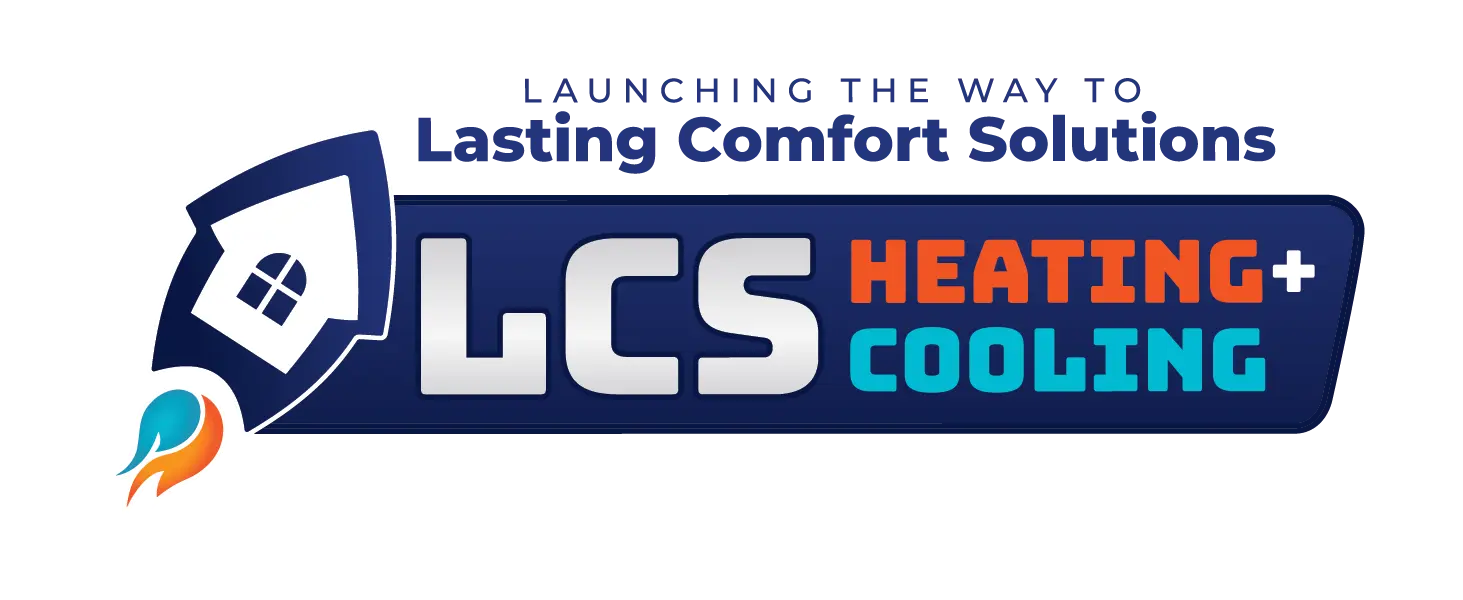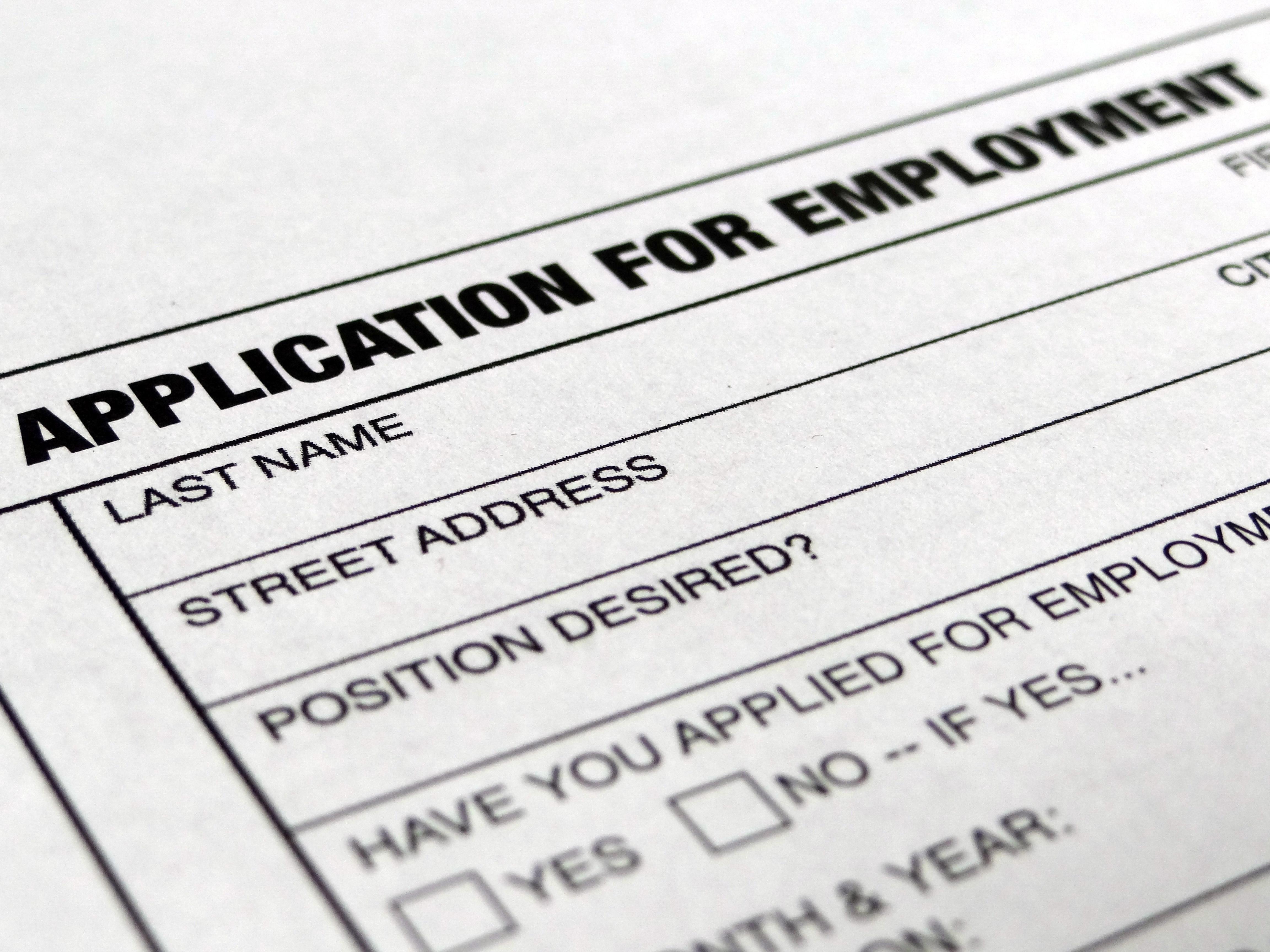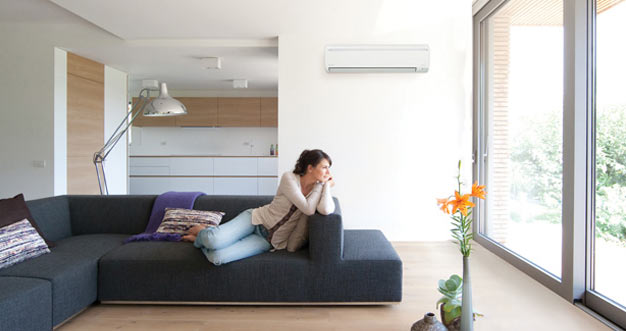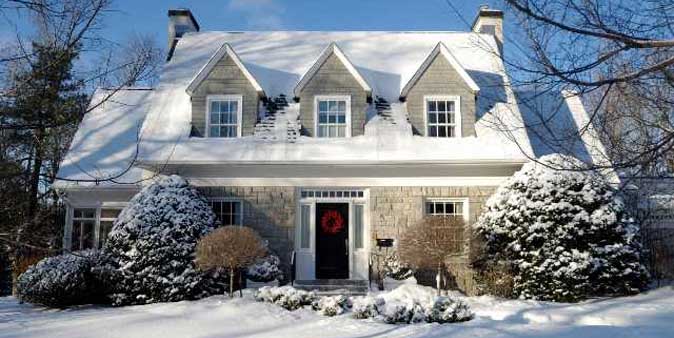LCS Heating and Cooling, LLC is currently accepting resumes for the position of: HVAC Maintenance Technician. Candidates must have a minimum of 1 year experience troubleshooting, repairing and maintaining HVAC equipment. Candidates must also live in Indianapolis or the immediate surrounding areas.
Why LCS?
We are a team. That means we work together to reach goals, we help each other and we encourage each other. We take our work very seriously but we also like to have fun! We believe in what we do, value our skills and care about our customers. We are growing and can't wait to add to our amazing team!
Job Responsibilities/Skills include but are not limited to:
- Independently follow daily schedule of calls using company software
- Perform annual maintenance tune-ups on residential and light commercial HVAC equipment. Examples include furnaces, air handlers, heat pumps, air conditioners, RTU’s, mini-splits and humidifiers.
- Accurately complete customer invoices using company software
- Accurately complete daily follow-ups with the office using company software
- Rotate in On-Call Schedule (if applicable)
Other Qualifications:
- Honesty & Integrity is a must
- Able to independently manage time
- Reliable and Prompt
- Willing to learn. Able to adapt. Not afraid to ask for help!
- Professional, courteous and pleasant with customers and co-workers
- Team Player!
- Must have current driver’s license
- Must pass drug test & background check
- Candidates must have own tools
Employee Benefits & Perks:
- Paid Holidays
- Paid Vacation
- Take Home Vehicle
- Service Phone & Tablet
- Company Uniforms
- Health Insurance
- Supplemental Insurance
- Retirement
- Tool Account
- Bonus Incentives
- Company Events & Outings
Please contact us through Facebook for more information or email your resume to gretchen@LCSheatingandcooling.com to apply!
February 15, 2019
LCS Heating and Cooling, LLC is currently accepting resumes for the position of: HVAC Service Technician. Candidates must have a minimum of 3 years experience troubleshooting, repairing and maintaining HVAC equipment. Candidates must also live in Indianapolis or the immediate surrounding areas.
Why LCS?
We are a team. That means we work together to reach goals, we help each other and we encourage each other. We take our work very seriously but we also like to have fun! We believe in what we do, value our skills and care about our customers. We are growing and can't wait to add to our amazing team!
Job Responsibilities/Skills include but are not limited to:
- Independently follow daily schedule of calls using company software
- Accurately troubleshoot & diagnose residential and light commercial HVAC equipment. Examples include furnaces, air handlers, heat pumps, air conditioners, RTU’s, mini-splits and humidifiers.
- Experience with boilers and geothermal is not required, but would be a plus.
- Accurately complete customer invoices using company software
- Accurately complete daily follow-ups with the office using company software
- Rotate in On-Call Schedule
Other Qualifications:
- Honesty & Integrity is a must
- Able to independently manage time
- Reliable and Prompt
- Willing to learn. Able to adapt. Not afraid to ask for help!
- Professional, courteous and pleasant with customers and co-workers
- Team Player!
- Must have current driver’s license
- Must pass drug test and background check
- Candidates must have own tools
Employee Benefits & Perks:
- Paid Holidays
- Paid Vacation
- Take Home Vehicle
- Service Phone & Tablet
- Company Uniform
- Health Insurance
- Supplemental Insurance
- Retirement
- Tool Account
- Bonus Incentives
- Company Events & Outings
Please contact us through Facebook for more information or email your resume to gretchen@LCSheatingandcooling.com to apply!
February 15, 2019
The last thing on anyone's mind right now is HVAC. It's too warm to need the furnace and too cool to need the air conditioner. We do live in Indiana though so that can change in just 24 hours! We want to provide some tips for things you can do on your own to keep your furnace and air conditioner running at its best. We present the LCS Top Ten of Homeowner DIY HVAC Tips:
10. During cold or hot months, keep the programmable thermostat set within 3 degrees of each setting. A furnace and air conditioner will have to run for a very long time to make up the temperature difference. If you have an electric furnace
and heat pump, the electric furnace will come on as well to reach the set temperature. Since an electric furnace runs at a higher cost, it counters the savings that you might have had with the lower initial temperature.
9. Keep the weed eater and lawn mower away from the control wiring of the air conditioner. The wiring should not be hanging down but if it is, be careful when mowing and weed eating. It's not a high voltage wire but if it gets cut with a weed eater or mower, you can get shocked and it can take out the air conditioner. If the wiring is loose or hanging down, tie it up with electrical tape or have a technician tie it back when they're out doing annual maintenance.
8. If you are experiencing high utility bills, call the gas or electric company first. Ask the utility company if there's been an increase in the therm or electric rate. Ask if your bill compares to the average of others in your neighborhood. You can get great information about what your utility bill should be running. If there isn't a good reason for the higher bill, then it might be time to have a technician out to make sure the system is operating properly.
7. Move furniture away from registers. It's not uncommon to see a couch over a register or a bookcase pushed up against a register. Not only can the heat dry out your furniture but it also prevents the air from properly traveling throughout the rooms.
6. Keep registers open. A very common problem in two story homes is a temperature swing between the upstairs and downstairs. Homeowners try to fix this problem by closing registers upstairs or in some rooms. Keep the registers open. Closing registers can restrict air flow and cause the furnace to run hot. This can ultimately shorten the life of parts inside the furnace such as motors. It can also make the air conditioner freeze up by reducing the volume of air that the system needs to expel throughout the house. This is comparable to running the system with a dirty filter.
5. If you notice a noise, smell or problem, call on it right away. If you notice something unusual, don't ignore it. It's rare that an HVAC issue will go away or resolve itself. Noises and smells often mean that a part is getting weak or going out. A little critter could also have gotten inside. Address these issues before your furnace or air conditioner goes completely out. It's no fun being without heat on a cold day or without a/c when it's hot out!
4. Keep dogs away from the air conditioner. Animal urine will degrade the a/c fins. There's not much that can be done to fix the fins once this happens so it's best to make sure the fur babies stay away.
3. Replace the batteries in the thermostat. If the thermostat goes blank, check to see if there are batteries that need changed. Not all thermostats have batteries, but if it does, it's likely AA or AAA batteries that need changed.
2. Pick up leaves that are around the air conditioner or heat pump. Leaves, cottonwood, branches, etc can gather around the air conditioner. Keep these things cleaned away so the outdoor unit can breathe.
1. CHANGE THE FILTER! This is the number one thing to do to keep your furnace and air conditioner running efficiently! A dirty filter causes restricted air flow and can ultimately cause the system to stop working. If you have a 1" filter, check it once a month. If you have a 4-5" filter, check it every 3 months. It may not need to be changed at that time but it's good to check it to make sure. It's also a good idea to keep extra filters at the house. That way, you always have one on hand when it's time for it to be changed.
A couple of other tips are to caulk or re-caulk around windows and doors. It's also a great idea to check the insulation in your home. If you don't have at least 12-15" of insulation in the attic, you'll want to consider adding more!
Keeping up on these things can not only save you money but can save you from the inconvenience of being without heating or cooling during those hot and cold months. HVAC equipment is definitely an investment. Protect your investment by following our Top Ten tips!
April 23, 2015
We've received several calls this winter about rising utility costs. People have been concerned because they're seeing upwards of $400-$500 electric bills. Yikes! We'd like to share some tips on what you can do to find out if you're experiencing "normal" bills or if there might be a problem causing them to be high.
There are things that can be done to your home to increase efficiency. These things include insulating, caulking, checking for drafty areas, etc. For our purposes now though, we're going to assume that your house is in the same condition this year as it's been in prior years.
So, is your electric bill high or might there be an HVAC problem?
First things first, call your utility company. Ask what the neighborhood average is and compare to your bill. Ask if the kilowatt rate has changed. Ask if the therm rates have changed. This will give you a good idea on whether your bill is comparable to that of your neighbors. It'll also make you aware of rate increases that have happened which could contribute to higher bills from previous years.
If your electric bill is higher than the neighborhood average, here are some other things to consider:
If you are all electric, you should have a heat pump and electric furnace (also called an electric air handler). This is the most efficient type of HVAC system to have in an all electric house. Many people set their programmable thermostat to be one temperature during the day and another at night. If you are all electric, do not set the temperature difference to be more than 3-4 degrees apart. Larger temperature differences will cause the back-up electric to come on to supplement the heat pump. It's costly to run the auxiliary heat. The savings that you are getting from the lower temperature is being offset (or costing more) by the back-up electric running to catch up.
Do you change your filter regularly? How long has it been since your furnace has been cleaned and tuned? Dirty filters restrict air flow and cause the system to run longer to heat the house. This causes a higher electric bill. Dirty filters over a period of time or a lack of filters at all can result in dirty coils. A dirty coil can also restrict air flow. If the heat pump isn't working, the electric furnace is running by itself to heat the house. It's expensive to run an electric furnace by itself. The average amp draw on a heat pump is 6-15 amps. The average amp draw on an electric furnace with a 10kw auxiliary heat kit is 41-44 amps. That's a big difference which is why you want your heat pump running efficiently.
Do you keep registers closed throughout the house? If there's a temperature difference between the upstairs and downstairs, for example, people tend to close the registers in a room or area of the house. Do not close registers. This can also restrict air flow, causing the system to overheat and short cycle. This means the furnace will be shutting down and turning back on more than it should be, which uses more electricity and costs you more.
One more thing to keep in mind. Some people have a high efficient heat pump system and then are surprised by their electric bills when it's really cold outside. They get a high bill and think...but I just got a high efficient system. Heat pumps are most efficient in the heating season when it's between 35-60 degrees outside. In Indiana, it's not unusual to have 0-20 degree days (or weeks). When it's that cold outside, heat pumps need the auxiliary heat from the electric furnace to keep up. The heat pump can't keep up by itself meaning you're losing that efficiency rating because the electric furnace is doing most of the work. It's costly to run auxiliary heat compared to a heat pump or gas furnace. If you buy a high seer heat pump, it's important to understand that the seer rating is mainly for the summer months.
We hope this has been helpful! If you continue to have high electric bills, give us a call. Maybe there's a problem with the heat pump causing the auxiliary heat to run more than it should. Maybe there's a bank of heat not working in the electric furnace. It's worth checking out, especially if those high electric bills are causing you a lot of stress!
March 12, 2015
Compared to some Indiana winters, we've been pretty lucky this year! Winter is still winter though and we're right in the middle of it. With a couple of cold months still left, the question should be asked: How's your home holding up? We'd like to share some customer HVAC questions we've had over the past month as well as provide some tips to protect your home against the harsh winter days.
Q: My furnace is running but it's not keeping the temperature that I have it set at.
A: Have you checked your filter? A dirty filter restricts air flow and can affect the operation of the furnace. During milder outdoor temperatures, a filter that's a little dirty may not affect anything at all. During colder outdoor temperatures, the same filter can cause the furnace to have to work harder and fall behind. Filters may have to be changed more often than usual during extreme outdoor temperatures.
Q: I usually keep my whole house humidifier set at 40% but I've recently noticed that my windows are sweating.
A: When outdoor temperatures get really cold, you may have to turn your humidifier down. Once the outdoor temperatures warm back up a little, you can turn it back to it's normal setting. When there's too much of a humidity difference between the outdoors and indoors, you may notice some sweating. It's a common misconception that the colder it is, the higher the humidifier should be turned up. The opposite is actually true. In addition, houses differ in how insulated they are (amount of insulation, leaky windows and doors, etc). Therefore, one house may notice window sweating at 30% and another at 40%. Adjust the humidistat up or down accordingly.
Q: Why is there ice on my heat pump?
A: There's not a cut and dry answer for this. A heat pump has a defrost cycle that it goes through to melt the ice under normal circumstances. If ice is there at one time and gone the next time you look, then it is likely operating normally and has gone through the defrost cycle. If you see ice for days on end, there's possibly a problem. It could be a number of things. Turn the heat pump off by taking the thermostat to emergency heat. That will help thaw the ice so it can be properly diagnosed.
Q: My electric bills are outrageous!
A: If you are all electric, our first question will always be: do you have a heat pump or air conditioner? An electric furnace running by itself to heat your home is very inefficient and expensive. If you have an air conditioner with electric furnace, it's worth considering replacing the air conditioner with a heat pump. If you do have a heat pump and still have unusually high electric bills, there could be a problem with the heat pump or furnace. The heat pump could be under-charged, it could not be going into defrost mode, a bank of heat in the electric furnace could be stuck on, etc. It would be worth having your equipment looked at if you feel like your utility bills are high.
Here are ten other tips that we have to prep your home for colder days to come:
*Have your furnace cleaned and tuned-up
*Test sump pump
*Caulk around windows and doors
*Remove hoses from outdoor spigots
*Check insulation in attic. It should be a minimum of 12 inches
*Check door thresholds for gaps
*Plug in carbon monoxide detectors if you have gas appliances (stove, furnace, water heater, etc)
*Reverse ceiling fans
*Have your fireplace, chimney and vents inspected to make sure all is in good condition
*Clean gutters
Feel free to reach out to us if you have any additional questions. Stay warm and cozy!
January 29, 2015
HVAC Repair or Replace: 5 Considerations
Heating and Air Conditioning is one of those necessary evils. It's much more fun to spend money on a new TV rather than a new furnace! At some point though, you may be faced with the ultimate HVAC decision: Repair or Replace? Here are a few things to consider when you are faced with this decision:
- What is the age of your current system? Most equipment comes with a 10 year manufacturer warranty on parts. The average life expectancy of a furnace and air conditioner is 12-15 years. That's not to say that it won't last longer than that...it's just an average. If the part is under warranty, it's most often going to make more sense to have the repair done. If the part is not under warranty, then you may want to factor in the age of the equipment with the repair cost. For example, if you have a $200 repair on a 15 year old furnace, it may certainly make more sense to take your chances and make the repair. Now, on the flip side of that example, say your furnace is 15 years old and you're looking at a $500 repair. You could have that repair done and not have another problem for a few years. You could also make that repair and a few months later, have another part go out. Before you know it, you have $800 into a 15 year old furnace. Since there is a risk of other parts failing on older equipment, it may be worth considering replacement.
- Energy Efficiency: Your HVAC system uses a considerable amount of energy as compared with other appliances in your home. If you have an older system, it's very likely that new equipment will be more efficient, resulting in lower utility bills. Let's use the example of a $500 repair on the a 15 year old furnace. If you're considering replacement, factor in the savings if you go from an 80% efficient furnace to a 95% efficient furnace. Think about it in this way: For every $100 that you spend to heat your home with an 80% furnace, $80 is heating your home and $20 is going out the flue. For every $100 that you spend to heat your home with a 95% furnace, $95 is being used to heat your home and only $5 is being lost. Air conditioners and heat pumps also vary in efficiency. This is definitely something to think about when considering repair versus replacement.
- Financial Incentives: Are there financial incentives to upgrade to a new, more efficient HVAC system? Currently, there is a federal tax credit and various utility rebates available for the installation of high efficient furnaces, air conditioners and heat pumps. The qualifications and dates do change so it's important to see what, if any, are available.
- Length of Time in Home: How long are you planning to live in your home? If you are planning to stay in your home for awhile, you might have different factors to consider than if you are planning to sell in the near future. If you are thinking about selling, definitely compare costs. A repair might be the way to go simply because you don't want to spend money in a home that you are selling. However, replacing the HVAC equipment might be a good investment because it will make the house more appealing to potential buyers. If you are planning to stay for a while and are looking at a costly repair, it might make more sense to upgrade and get a new 10 year parts warranty.
- Comfort: HVAC equipment and technology have come a long way over the past several years! Furnaces are now available with variable speed motors which are not only more efficient but also produce a more even and comfortable heat in the winter and coolness in the summer. Programmable and/or WiFi thermostats are designed to reduce temperature swings, provide the ultimate control over your system and save on energy usage when you are not home. Finally, there's the noise. Maybe your HVAC equipment is loud because something is out of balance. That could very well be an easy repair! If not, consider replacing it with equipment that is quieter. There are some systems that are so quiet, you cannot hear them run!
Repairing or replacing your furnace and/or air conditioner can be quite an investment. Think about what's important to you when making the decision!




